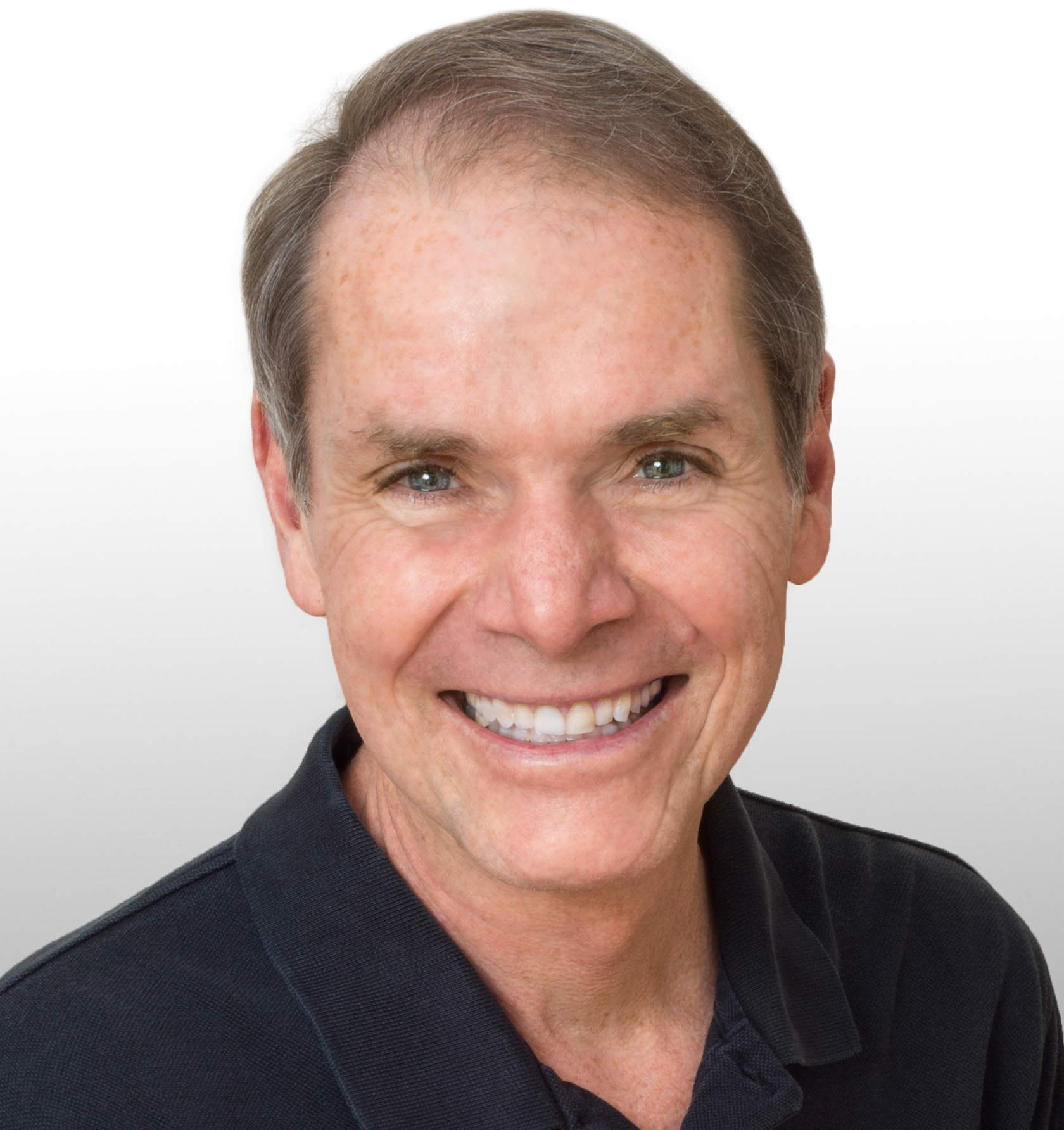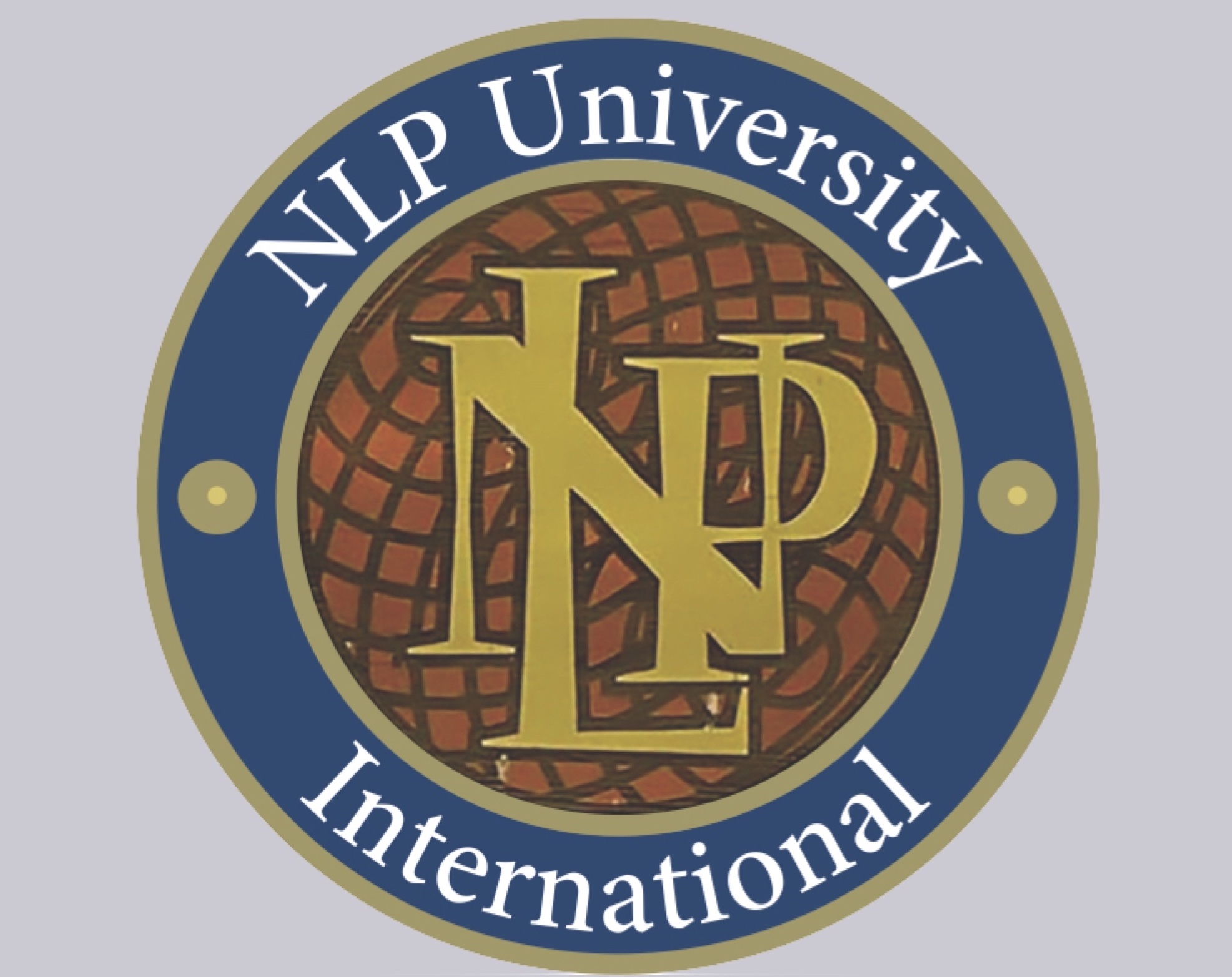Robert B. Dilts

In addition to spearheading the applications of NLP in education, creativity, health, and leadership, his personal contributions to the field of NLP include much of the seminal work on the NLP techniques of Strategies and Belief Systems, and the development of what has become known as 'Systemic NLP.' Some of his techniques and models include: Reimprinting, Integration of Conflicting Beliefs, Sleight of Mouth Patterns, The Spelling Strategy, The Allergy Technique, Neuro-Logical Levels, The Belief Change Cycle, Generative NLP Patterns, the Unified Field Theory for NLP and many others. In May, 2018, Robert was honored with the Lifetime Contribution Award by the Association for Neuro-Linguistic Programming (ANLP).
Robert is the principal author of more than 20 books on a variety of topics. Neuro-Linguistic Programming Volume I (with John Grinder, Richard Bandler and Judith DeLozier, 1980) serves as a standard reference text for the field. Changing Belief Systems with NLP (1990) and Beliefs: Pathways to Health and Well Being (with Tim Hallbom and Suzi Smith, 1990) describe his work in changing limiting beliefs and creating functional belief systems. Tools for Dreamers (with Todd Epstein and Robert W. Dilts, 1991) and Skills for the Future (with Gino Bonissone, 1993), explore the applications of NLP to managing and enhancing creativity. Effective Presentation Skills (1994) covers the key skills necessary for successful public speaking. Strategies of Genius Volume I, Volume II & Volume III (1994-1995), apply the methods and distinctions of NLP to model the thinking processes of important historical figures including Aristotle, Sherlock Holmes (a.k.a. Arthur Conan Doyle), Walt Disney, Wolfgang Mozart, Albert Einstein, Sigmund Freud, Leonardo da Vinci and Nikola Tesla. Dynamic Learning (with Todd Epstein, 1995), explores the development of effective strategies for learning and teaching. Visionary Leadership Skills (1996), studies tools and skills necessary for "creating a world to which people want to belong." Tools of the Spirit (with Robert McDonald, 1997), explores how NLP principles and processes may be used to encourage and enhance spiritual growth and development. Modeling with NLP (1998) covers the tools and skills for modeling the behavior of exceptional people, illustrating the application of NLP modeling procedures to the study of effective leadership ability. Sleight of Mouth (1999) describes the set of verbal reframing patterns he developed to conversationally influence beliefs. The Encyclopedia of Systemic Neuro-Linguistic Programming and NLP New Coding (with Judith DeLozier, 2000) provides a comprehensive overview of the field of Neuro-Linguistic Programming, including its wide range of applications, techniques and influences. Alpha Leadership: Tools for Business Leaders Who Want More From Life (with Ann Deering and Julian Russell, 2002) describes a new model of leadership that captures and shares the practices of effective leadership, offering approaches to reduce stress and to promote satisfaction.
Robert's more recent books include From Coach to Awakener (2003), which provides a road map and set of toolboxes for coaches to help clients reach goals on a number of different levels of learning and change and The Hero's Journey: A Voyage of Self Discovery (with Stephen Gilligan, 2009), which encourages you to embark on a path of learning and transformation that will reconnect you with your deepest calling, transform limiting beliefs and habits, heal emotional wounds and physical symptoms, deepen intimacy, and improve self-image. In October of 2010 Robert published NLP II: The Next Generation (with Judith DeLozier and Deborah Bacon Dilts). This book reviews the new developments which have enriched the field of Neuro-Linguistic Programming in the decades since the publication of NLP Volume I.
Robert’s latest book series on Success Factor Modeling identifies key characteristics and capabilities shared by successful entrepreneurs, teams and ventures. Next Generation Entrepreneurs (2015) presents models, tools, exercises, illustrations and case examples – of both world famous and everyday entrepreneurs – in order to help readers understand how to build a "Circle of Success" and create a business aligned with their life purpose. Generative Collaboration (2016) helps people to increase their capacity for working effectively together with others and to experience the excitement, satisfaction and power of Collective Intelligence. Conscious Leadership and Resilience (2017) supports people to become increasingly authentic, emotionally intelligent, purposeful and responsible, and to create teams and ventures that are more productive, ecological, sustainable and fun.
Recognized internationally as one of the foremost developers, trainers and practitioners of NLP, Robert has done consulting and training throughout the world for a wide variety of professional groups and organizations. Past sponsors and clients include Apple Computer, Hewlett-Packard, The World Bank, Alitalia, Telecom Italia, Lucasfilms Ltd., Ernst & Young, AT Kearney, The American Society for Training and Development, The University of Miami School of Medicine, and all of the major NLP institutes.
Robert was involved an extensive study of leadership skills, organizational values and creativity for Fiat, spanning more than fifteen years. He was an associate professor for the corporate university for the Fiat Group and headed several major leadership initiatives for the Fiat Group. From 2001-2004, he was Chief Scientist and Chairman of the Board for ISVOR DILTS Leadership Systems, a joint venture between ISVOR Fiat and the Dilts Strategy Group. ISVOR DILTS provided a range of innovative leadership development programs to large corporations on a global scale.
Robert also headed a project with the State Railway of Italy involving organizational learning and communication skills for trainers, instructors and presenters. He has developed a certification program for NLP and systemic thinking skills for the management development group of IBM Europe, and supervised the design of Tools for Living, the behavior management portion of the program used by Weight Watcher's International.
Robert is a co-developer (with his late brother, John Dilts) of the Success Factor Modeling™ process, a method to identify and transfer the critical success factors necessary to promote effective entrepreneurial activities within both new and traditional companies, by analyzing crucial patterns of business practices and behavioral skills used by successful individuals, teams and companies. They founded Dilts Strategy Group in order to apply the Success Factor Modeling™ process to support companies' growth and development on many levels. DSG’s services include: modeling, training, consulting, coaching and hosting seminars in the application of the Success Factor Modeling™ process to groups and organizations throughout the world.
Robert is also co-founder, with Dr. Stephen Gilligan, of the International Association for Generative Change (IAGC). The purpose of the IAGC is to bring principles of generative change to multiple professions throughout the world. The IAGC offers training, certification and other resources that promote generative change in personal, professional and organizational contexts.
In 1982 Robert co-founded the Dynamic Learning Center with the late Todd Epstein. In 1991 He and Todd (together with Judith DeLozier and Teresa Epstein) established NLP University, which provides a full range of basic and advanced NLP training. Robert and Todd were also the founders of Dynamic Learning Publications and The Academy of Behavioral Technology.
Robert is also a co-founder (with Tim Hallbom and Suzi Smith) of the Institute for Advanced Studies of Health (IASH). Established in 1994, IASH is a non-profit organization which supports research and networking relating to the application of Systemic NLP methods to the area of health. As part of this mission, IASH provides administration for The NLP World Health Community and Health Certification Training.
In 1981 Robert established Behavioral Engineering, a computer software company using NLP concepts to create interactive computer products for education, training and personal development. He is the author of over two dozen computer programs, including Spelling Strategy and Math Strategy, Typing Strategy and Mind Master - a unique computer interface utilizing the electrical activity of the skin to allow the computer to respond to a person's thought patterns. The Mind Master was featured in two television documentaries on computer aid to the handicapped and an interactive theater production at Expo 86 in Vancouver, Canada.
Robert is also the co-inventor of a unique biofeedback device known as the NeuroLink, which simultaneously monitors and records activity in heart rate, body temperature and the electrical activity on the left and right sides of the body. Robert's State Enhancement Coach software combined these key measurements of nervous system activity with artificial intelligence and NLP methods and principles to help people achieve optimal states of health, learning and personal performance. The NeuroLink was the core technology for the MindDrive products marketed by The Other 90% and has now been incorporated into the Somatic Vision finger sensors which are sold with the Wild Divine biofeedback system.
Robert is a founder of the Global NLP Training and Consulting Community (GTC). The vision of the Global NLP Training and Consulting Community is that of a worldwide network of certified trainers, consultants, developers and sponsors who share the mission of bringing the presuppositions and practices of NLP to social systems, organizations, groups and individuals.
From 1979-1981 Robert was Vice President and Director of Research for NOT Ltd. Division of Training and Research in NLP, where he helped design the curriculum and testing procedures for the first NLP Practitioner and Master Practitioner certification programs with Leslie Cameron-Bandler-Lebeau, David Gordon and Maribeth Meyers-Anderson.
Robert has a degree in Behavioral Technology from the University of California at Santa Cruz. He received the President's Undergraduate Fellowship in 1977 for research correlating eye movement and brain function conducted at the Langley Porter Neuropsychiatric Institute in San Francisco.
